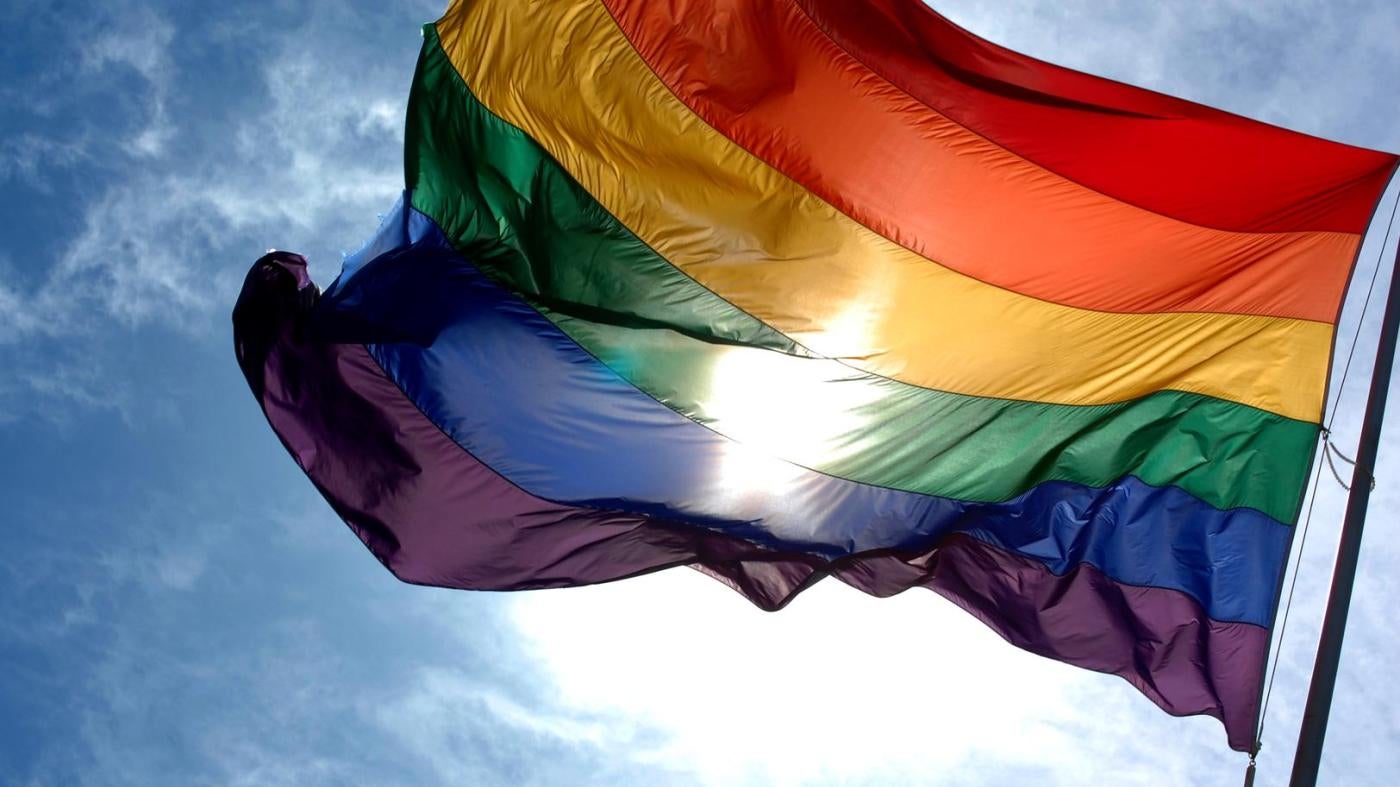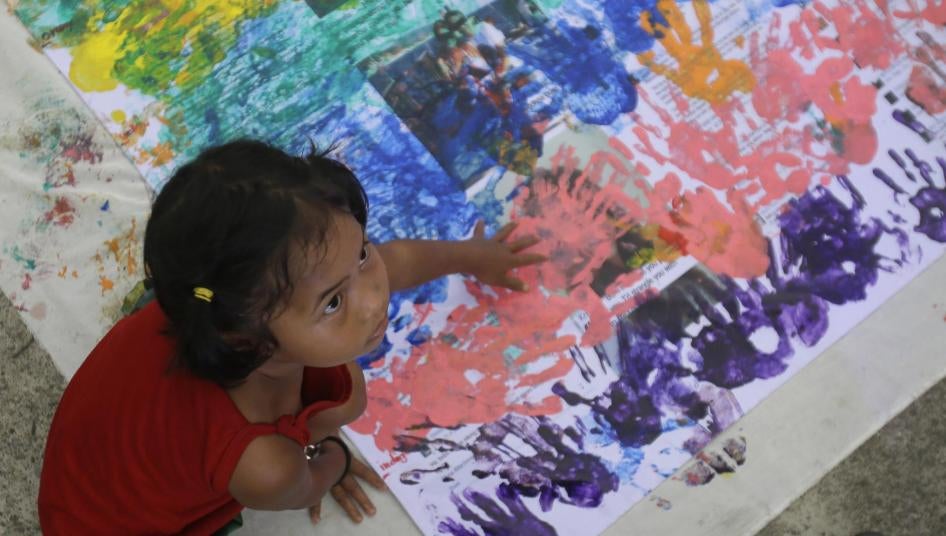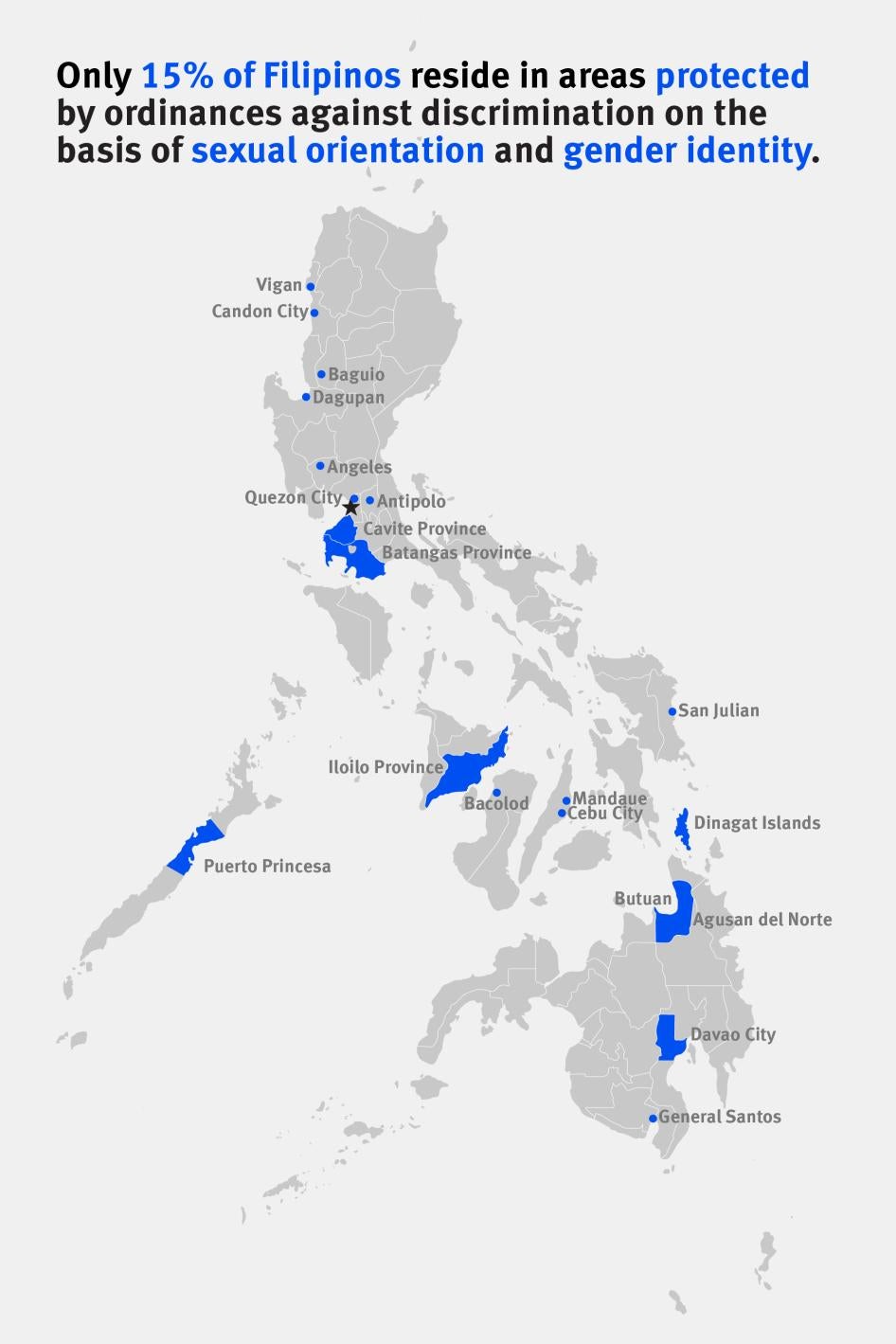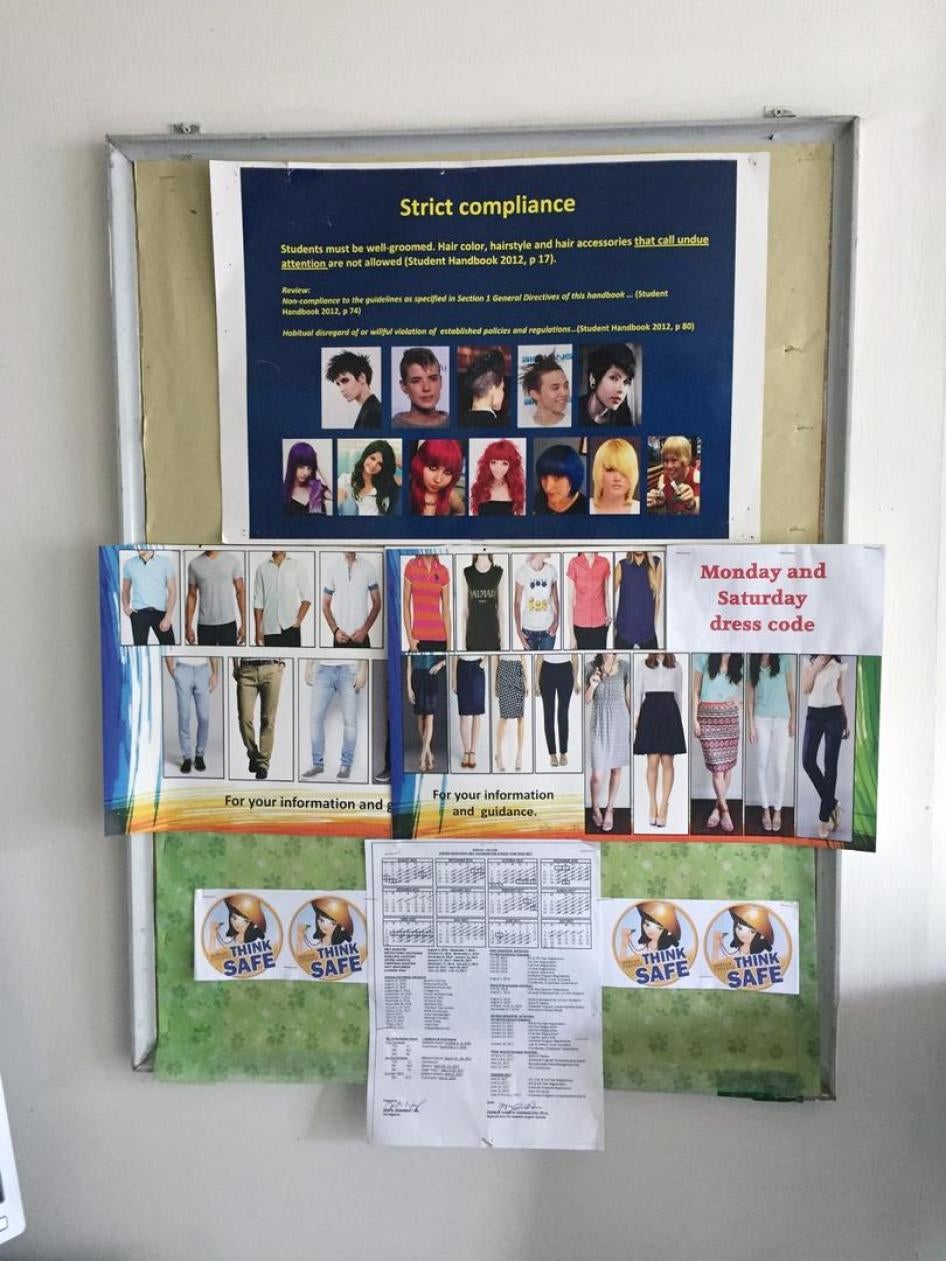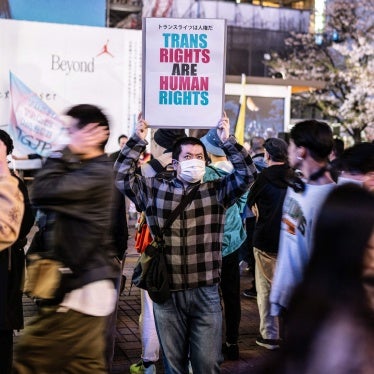Patrick’s knees were shaking as he marched with his university in the Pride Parade in the Philippine capital, Manila. “It’s a big step for me,” he said. “To accept my sexuality and to come out of the closet.”
In the parade, Patrick (not his real name), 19, carried the banner for Parada, a lesbian, gay, bisexual and transgender (LGBT) student group he had joined three weeks earlier at De La Salle University. Although he had recently come out to his family, he said, he had never felt so publicly “out” and exposed.
He has come a long way. Patrick said he knew, even as a young boy in elementary school, that he was “different.” For years, he was bullied in school for being feminine – by students and at times even by teachers.
A new Human Rights Watch report, “Just Let Us Be,” examines how many LGBT students in the Philippines are excluded or marginalized in schools, where they are often bullied, discriminated against, and, in some cases, physically or sexually assaulted. Many lawmakers and school administrators have recognized that bullying of LGBT youth is a serious problem and have designed policies to address the problem. But their policies, such as outlined under the national Anti-Bullying Law, have not been adequately enforced.
Parada provided a support system that Patrick was anxious to use. The organization’s president reminded him that coming to grips with his sexual orientation would be a process: “It’s not just like with a snap of a finger, you’ll shout that you’re gay.” After the parade, Patrick decided to apply for a leadership position within the organization, and enthusiastically embraced his new role.
“[It] is really challenging, because I just came out,” he told Human Rights Watch. “I’m new.”
The harassment Patrick suffered in secondary school was difficult for him. “They would call me bakla,” he said, referring to the Tagalog word often used pejoratively for a person believed to be gay. Other students called him malamia, or feminine. The bullying began in elementary school. “I developed this concept for how a man should walk, how a man should talk. I became the person that I’m not, just for them to stop teasing me.”
Eventually, Patrick said, he became a bully himself: “I bullied the students who bullied me back, and then I became friends with them, because I was one of them.”
The most common form of bullying that LGBT students in the Philippines described was verbal harassment. Some students also said they were punched, slapped, and shoved. And several gay or bisexual boys and transgender girls said they had been subjected to simulated sexual activity or mock rape.
